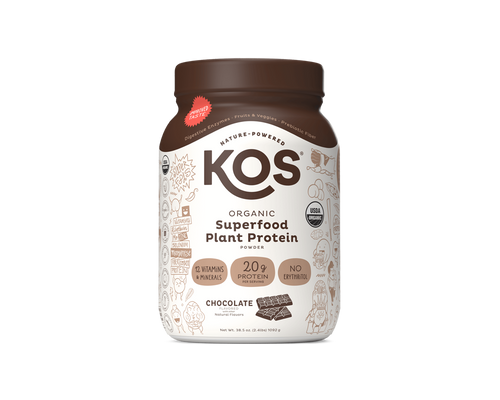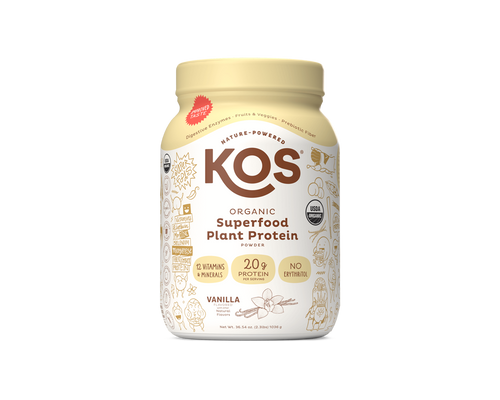Table of Contents
Keto Protein Powder
People on the Keto diet often talk about protein powder, discussing its pros and cons, how to use it, and whether it’s Keto-friendly or not. What does Keto-friendly even mean.
You've come to the right place to find out. Let's talk about protein powder and how it can help you stay on track with your Keto diet.
Keto-friendly Protein Powder?
Yes, protein powder is a great option for Keto diets. Why? Because the Keto weight management approach is all about dropping carbs and replacing them with fats and protein.
And where protein is concerned, there are few products you can buy in an ordinary grocery store that are as laser-focused on your protein needs as protein supplements. So Keto and protein powders are a match.
You may opt for protein powder that contains whey protein or casein as the main protein source. Whey continues to dominate the protein supplement marketplace, so most people naturally gravitate to what feels most familiar, or seems to be the default option.
It is a fact, though, that pea protein and the plant-based protein powders fueled by pea protein are steadily gaining popularity as it becomes more widely known that meat (and whey) get their protein from the source animal eating plants.

Plant-Based Keto
Whey protein has been reflexively adopted by Keto "practitioners". However, you should keep in mind the carb and calorie content of the variously-sourced protein powders before making your choice.
Whey protein powder, for example, has around 2 to 8 grams of total carbohydrates per ounce. Complex carbohydrate starches are usually the main source of carbohydrates in a whey protein product. Some whey protein powders feature about 1/3 of their overall calories from carbohydrates. This carbohydrate content is not keto-friendly.
Apart from carbs and protein content, it's also important to look at what other nutrients are included in the protein supplement product one uses for a keto program of weight management. Plant-based protein powders tend to feature a fuller vitamin and mineral profile, to the extent that a plant-based keto protein powder may provide a fuller nutritive experience.
This fuller vitamin and mineral profile may make a plant-based protein powder better for a meal replacement shake in the keto context, for instance. The Keto method emphasizes low carbs, and that 10-20% of your daily calories come from protein.
What kind of protein best supports the keto diet?
In the keto program, protein powder is an excellent way to provide your body with the protein it requires. For individuals following a keto regimen, protein powders that are low in carbohydrates (1-2 grams) and provide 20-30 grams of protein are ideal.
Choose a protein powder that is sugar-free, high in protein, low in carbs, and low-risk from a health and safety standpoint.
Whey is a by-product of cheesemaking. At this writing the world produces about 121 million tons of whey per year, of which around 47% is disposed of as waste, which has serious environmental effects.
Because whey is a product derived from living animals, the production process also needs to be carefully monitored to assure no microbial presence in the whey product.
Lastly, the cattle industry from which whey is derived is known to introduce a synthetic version of bovine somatotropin — a growth hormone that yields more cow's milk — into its cows.
These hormones are present in very very miniscule amounts when they appear at all, and have been deemed safe in these tiny trace amounts by the FDA.
Issues to do with the industrial meat production model and its enormous resource-wasting capacity are another consideration. But these are individual choices, hopefully informed by simple research.
These problems are by no means typical in the whey production industry. But when embarking on a wellness plan such as keto, it is of course important to research whether a whey-based or plant-based protein solution is best for your fitness and keto weight-management regimen.
Both whey and plant-based protein have their advantages. It is just always good to already have in mind the bigger picture when drilling down into the details of an issue.

Keto protein powder: what to look for
Look for a protein powder that has whey or plant-based protein as the main protein source. Choose a protein powder with low carbs and sugar content. You can consider choosing grass-fed whey, dairy powder, or plant-based protein powder. Plant-based protein powders are typically pea-protein-based.
Significantly, pea-protein is a "complete" protein not unlike meat in that respect, as it provides all nine essential amino acids that are necessary for maintaining a healthy, well-functioning body. Unlike many other plant-based proteins, it is a complete protein.
Choose a protein powder with added probiotics or enzymes to make it easier to digest the protein powder. This makes a keto-friendly protein powder even friendlier, as the enzymes increase the bioavailability of the protein product.
These ingredients help improve the nutrition of the protein powder, making it easier to reach ketosis and gain weight loss results.
Finally, consider adding fat, such as coconut oil or MCT oil (medium chain triglycerides) to provide your body the higher rate of these healthy fats the keto plan leverages to catalyze weight loss.
How do I know if my protein powder is keto?
Your protein powder is keto when it features a dramatic protein to carbs ratio -- high protein vs low carbs. While the intake of carbs should be minimized in the keto diet, protein intake should be high.
That is the whole object of keto. It is therefore essential to choose protein powder with low carbs and high protein content to achieve the desired keto result. Low carbs and concentrated protein are a natural feature of plant-based protein powders, though protein powders made from all-natural sources such as whey, peas, and hemp may all be considered useful in the keto diet.
The best keto protein powder, though, will be that with the lowest carbs, highest concentration of protein, and lowest chance of industrial contamination -- to any degree.
Is whey or pea protein better for keto?
Whey protein powder provides a high protein source, yes with an accompanying side order of carbs, making it a choice for those following a keto diet. Whey protein is easy to digest.
The benefits of pea protein for keto diets are also clear. Pea protein powder is a clean alternative to whey protein, as it is low in carbs and provides amino acids essential for muscle repair and growth.
Pea protein powder has a naturally mild flavor, so it lends itself to plant-based protein flavor innovators like KOS Naturals — who have made a name for themselves in the protein powder space as a delicious and nutritious outlier in the protein powder universe.
So, when choosing a protein powder, consider factors such as taste, texture, and convenience. Different types of protein powders offer different benefits and advantages, so it is important to carefully evaluate your options before making a decision.

Is it better to exceed fat or protein on keto?
On balance it is better to exceed protein than fat on the keto diet. The majority of people on the keto diet will consume 30-40 grams of protein, 10-20 grams of net carbs, and an excess of fat. This is a common error. Increased protein intake is an advisable strategy when you're trying to lose weight on the keto diet.
Protein is more satiating than fat, meaning it makes you feel fuller for longer than consumed fat. Protein is very nutrient-dense. When protein is low in a meal prep, people tend to overeat.
The most effective way to start losing weight on keto is to burn your stored body fat for energy, not the new dietary fat you’re eating. That "burning of body fat for energy in the absence of carbs" is the whole keto object.
If you eat too much fat, your body will burn that new fat coming in and won’t get the chance to burn your stored fat reserves.
What's MCT got to do with keto-friendly protein powder?
MCT oil is a dairy-free fat. It contains medium-chain triglycerides (hence the slightly mysterious "MCT" name). MCT oil is also found in coconut oil, meaty coconuts, and in dried coconut milk products. MCTs are quickly digested and converted into ketones, leading to faster, more efficient weight loss.
MCT oil provides a distinctly helpful element to the keto protein powder, helping to boost ketone synthesis and improve overall health and well-being when used as part of the powdered protein regimen. MCT oil is also said to help reduce hunger and cravings.
Keto-Friendly and Plant-Based
The benefits of a keto-friendly protein powder are many. A keto-friendly protein powder, a keto vanilla protein powder or keto chocolate protein powder, for instance, can be a great way to supplement your keto diet with high protein.
If you're vegan or vegetarian, avoiding dairy, or following a gluten-free or dairy-free keto diet, a pointedly delicious plant-based protein powder may be a terrific option for you.
Check the ingredient list on any plant-based keto protein powder to ensure there are no added sugars, soy, or casein. These additives might diminish your ketosis. You can prepare healthful and delicious meals without fearing you'll miss out on adequate protein if you include a protein powder in your keto diet plan.

FAQs
How do I know if my protein powder is keto?
The best way to know if your protein powder is keto-friendly is by reading the nutrition label and ingredient list. If the powder contains carbs, make sure that they're coming from fiber and not sugars. Keep an eye out for soy, dairy, gluten, or other allergens that might not be keto-friendly.
Is it better to go over fat or protein on keto?
Keto If you're keto-cycling or doing a targeted keto diet, you may want to prioritize protein over fat, since eating more than the keto-prescribed amount of fats will cause your body to burn the newly ingested fat instead of the adipose tissue you are already carrying.
The high protein content of keto protein powder also helps the body build and maintain lean muscle mass. This helps in calorie burning and fat loss, as muscles require more calories to function.
Can you drink too much keto protein powder?
Yes, it is possible to consume too much keto protein powder. Consuming more keto protein powder than recommended can lead to an upset stomach, bloating and diarrhea. It’s also important to pay attention to hidden sugars, artificial sweeteners and excess calories that may be in certain protein powders.






